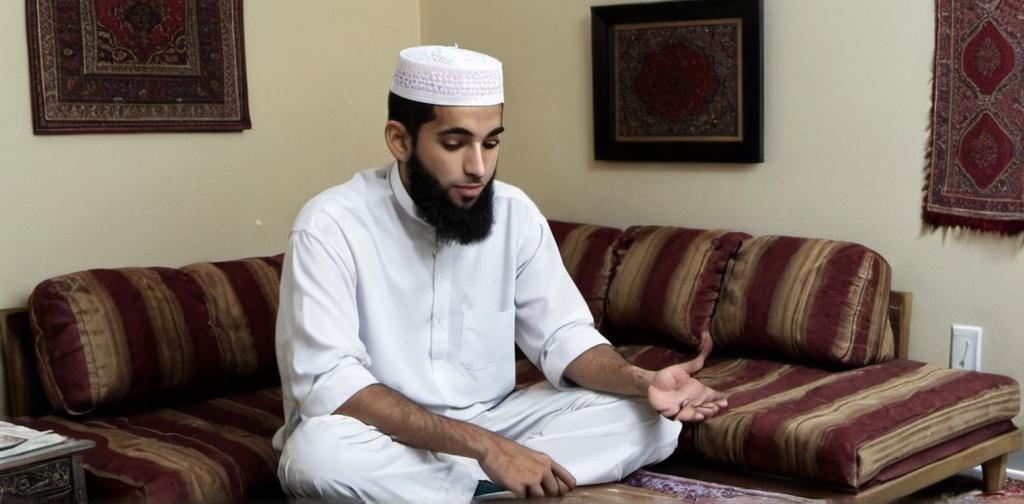Learn more about Credit default swaps (CDS)

Understanding Credit Default Swaps
Credit Default Swaps (CDS) are like insurance policies for bonds. If the company you’ve invested in defaults, these swaps kick in to cover your losses. Sounds simple enough, right? But don’t be fooled by simplicity; these swaps have layers like onions—and not the sweet kind.
The Mechanics of CDS
Imagine you’re holding a bond from a company like Widgets Inc. You’re a bit jittery about whether Widgets Inc. will keep its promises. Enter CDS, offering peace of mind if Widgets Inc. stumbles. You pay a premium to another party willing to absorb the risk—a little like paying your cousin to take the fall if your roommate discovers you borrowed their jacket.
Parties Involved in CDS
Three’s company in CDS: the protection buyer, who’s seeking security; the protection seller, who’s playing the field by taking on risk; and the underlying asset, usually a bond. It’s a financial triangle where the stakes feel a tad surreal for the uninitiated.
How a CDS Works in Practice
Buy a CDS, and you’re essentially hedging your bet. When the bond issuer defaults, the seller coughs up—the financial equivalent of bailing you out. It’s a game of chance but with someone’s financial future as collateral.
Is CDS Halal or Haram?
Now for the million-dollar question: are CDS halal? Islamic finance principles stir the pot here. With CDS, you’re treading a fine line between risk mitigation and gambling—like placing bets on your favorite team and hoping they win, only more complicated.
Interest and Speculation
Islamic finance frowns upon riba (interest) and gharar (excessive uncertainty). A CDS could involve these, especially when speculation enters the picture. Are you hedging your risk, or are you gambling on the demise of a company? Muddle these, and it might raise eyebrows in Islamic finance circles.
Scholarly Opinions
Some scholars argue that conventional CDS have elements of riba and gharar, making them haram. They suggest sticking to funds that avoid interest or uncertainty. Others see potential for CDS to align with Islamic finance if structured differently—think of it as trying to make a square peg fit in a round hole.
Potential Alternatives
If you’re looking to keep it halal but love the idea of CDS-like security, sukuk (Islamic bonds) might be your go-to. These are engineered to be free from interest and uncertainty. It’s like trading in your race car for a reliable, family-friendly minivan.
Balancing Risk and Faith
For Muslim investors, balancing risk with faith is a real tightrope walk. You don’t want to miss opportunities, but you also wish to sleep at night knowing your investments align with your ethics. It’s like choosing between rocking boat shoes or sticking with classic loafers—comfort matters.
The Role of Islamic Finance Institutions
Islamic finance institutions can offer guidance here. They’re like your financial GPS, helping navigate through what’s halal, and what you might want to avoid. They offer structured products designed to align with Islamic rules without dampening the thrill of trading.
Adapting to Modern Financial Markets
The world of finance is not static and everyone’s adjusting, learning, and sometimes making mistakes. Islamic finance is no different. Whether you consider CDS haram or just another tool in your financial toolkit, the key is staying informed and making thoughtful choices.
Final Thoughts
So, is CDS halal or haram? Well, the answer isn’t written in the stars. For some, it’s a clear no-go; for others, it holds potential with the right structures. It’s a decision at the intersection of finance, faith, and personal tolerance for risk. Just remember, whether you’re dealing in CDS or seeking other investments, the compass of Islamic finance points true north: ethical investments are the name of the game.